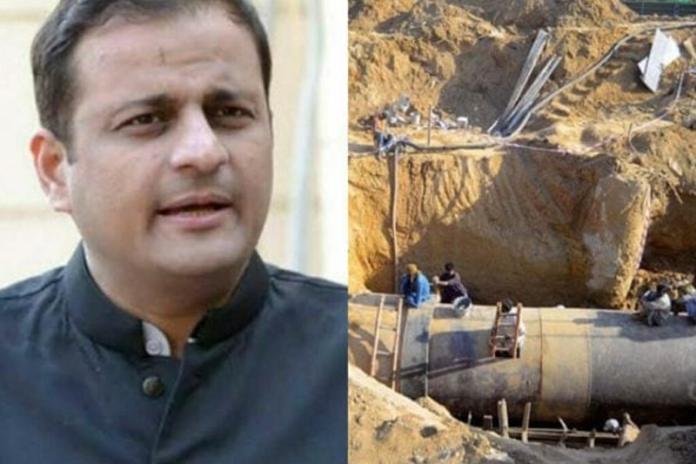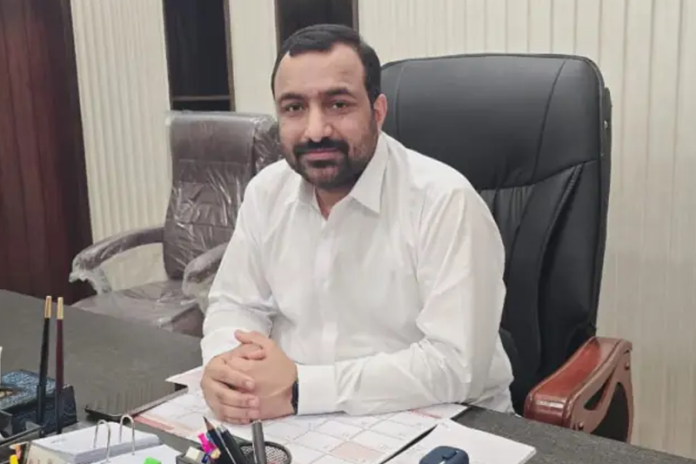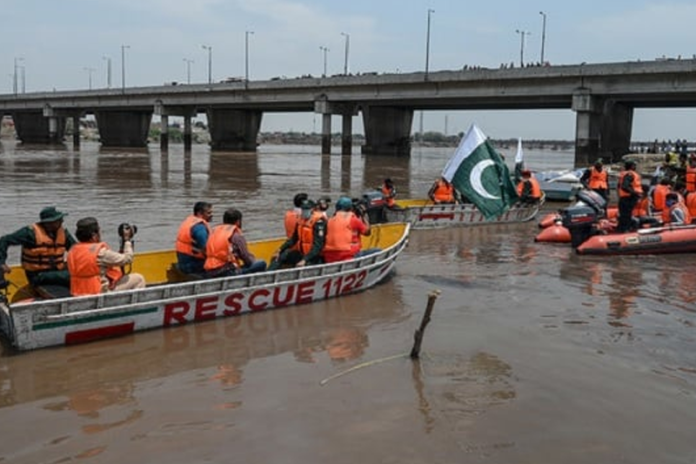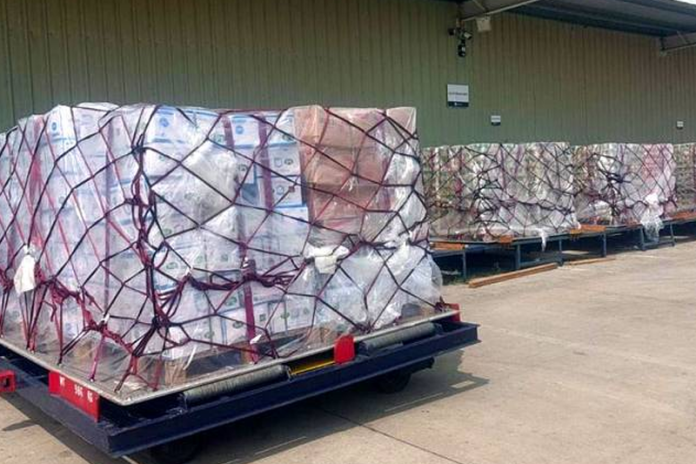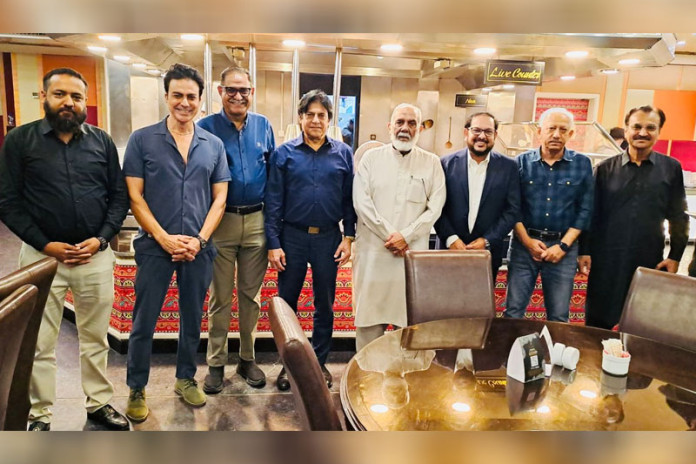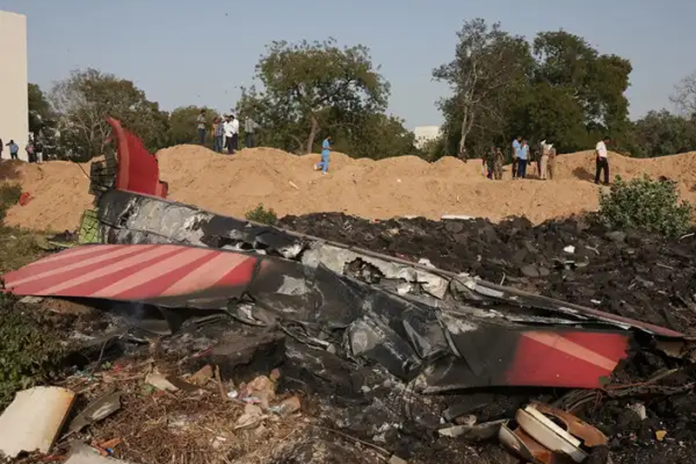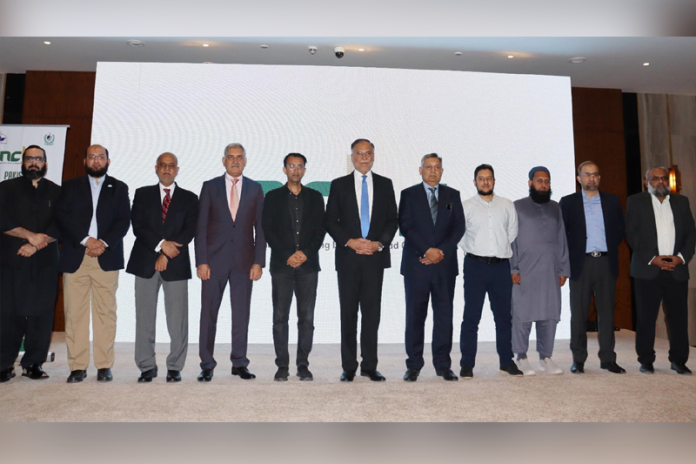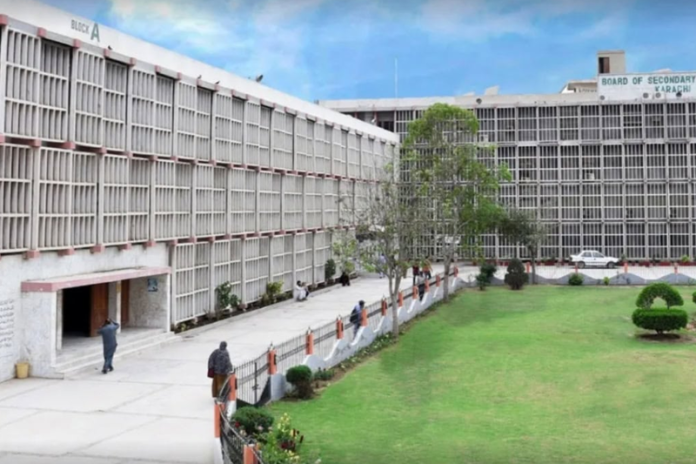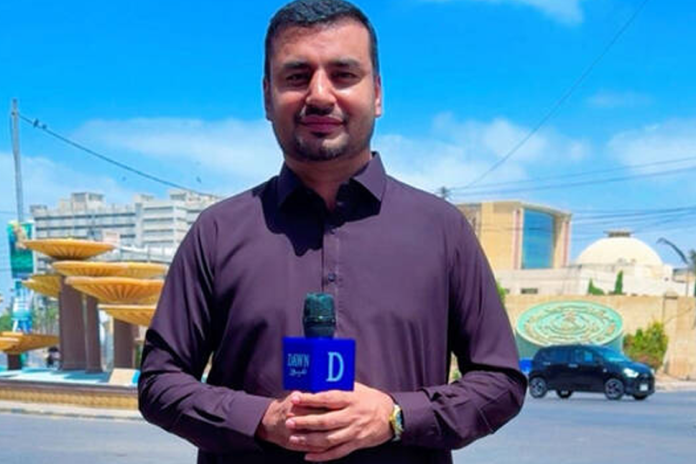Ensuring Food Quality: the essential role of food quality control
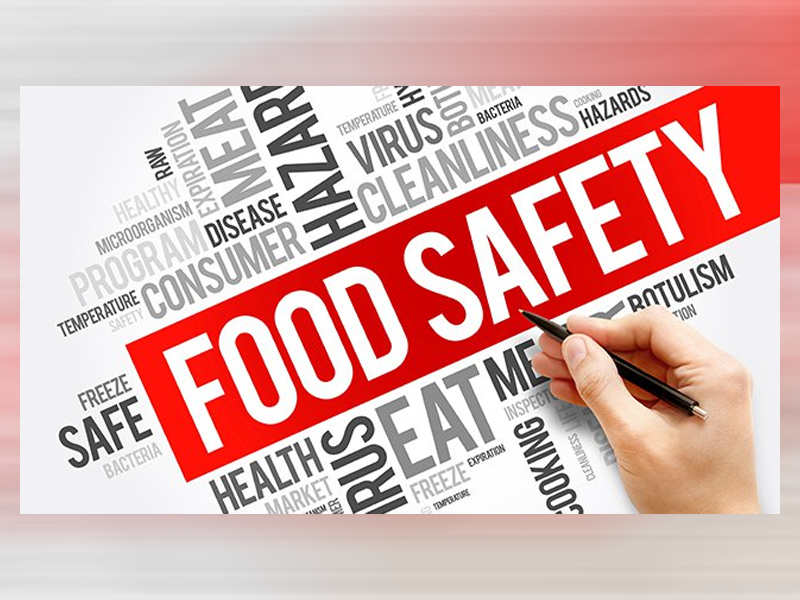
- 305
- 0
In today's world, with an increasing emphasis on health, safety, and consumer satisfaction, the importance of food quality control cannot be overstated. Food quality control refers to the processes and measures put in place to guarantee that food products meet specific standards of safety, nutritional value, freshness, and overall quality before they reach consumers. This multifaceted approach involves various stages, from sourcing raw materials to packaging and distribution, each crucial in maintaining the integrity of the food supply chain. Let's delve into the intricacies of food quality control and why it's so vital in today's food industry landscape.
- Raw Material Sourcing: The Foundation
The journey of ensuring food quality begins with the sourcing of raw materials. Whether it's fruits and vegetables, grains, meats, or dairy products, selecting high-quality ingredients is paramount. This involves establishing partnerships with trusted suppliers who adhere to rigorous standards of production, handling, and transportation. Regular inspections of raw materials, including visual checks and laboratory testing for contaminants such as pesticides, heavy metals, and microbial pathogens, are essential to weed out any potential risks early in the process.
- Production Process: Precision and Consistency
Once raw materials are acquired, the production process must maintain precision and consistency to uphold food quality. This entails adhering to standardized recipes and procedures, utilizing state-of-the-art equipment, and implementing strict hygiene practices to prevent contamination. Quality control measures at this stage may include monitoring critical control points (CCPs) through Hazard Analysis and Critical Control Points (HACCP) systems, conducting regular equipment maintenance, and ensuring compliance with regulatory requirements such as Good Manufacturing Practices (GMP).
- Packaging and Labeling: Safety and Transparency
Proper packaging and labeling are crucial aspects of food quality control, ensuring product safety and providing consumers with accurate information about the contents and potential allergens. Packaging materials should be selected based on their ability to preserve freshness, prevent tampering, and extend shelf life while minimizing environmental impact. Additionally, clear and informative labeling, including nutritional facts, ingredient lists, and expiration dates, helps consumers make informed choices and builds trust in the brand.
- Storage and Transportation: Maintaining Integrity
Maintaining the quality of food products doesn't end at the production facility. Proper storage and transportation are essential to prevent spoilage, contamination, and other quality issues during distribution. Temperature-controlled environments, adequate ventilation, and appropriate handling practices help preserve freshness and ensure that products reach their destination in optimal condition. Regular monitoring of storage conditions and adherence to cold chain protocols are critical to mitigating risks and maintaining product integrity.
- Quality Assurance and Testing: Continuous Improvement
Continuous monitoring and testing are fundamental aspects of food quality control, allowing for early detection of any deviations from established standards and facilitating corrective actions. This may involve sensory evaluation by trained professionals, laboratory analysis for microbial and chemical contaminants, and shelf-life studies to assess product stability over time. Feedback mechanisms, including customer surveys and product reviews, also play a vital role in identifying areas for improvement and driving innovation in food quality management practices.
- Regulatory Compliance: Meeting Standards
In addition to internal quality control measures, compliance with regulatory standards and industry regulations is non-negotiable in the food industry. Government agencies such as the Food and Drug Administration (FDA) in the United States and the European Food Safety Authority (EFSA) in the European Union set stringent guidelines for food safety, labeling, and packaging. Adherence to these regulations not only ensures legal compliance but also reinforces consumer confidence in the safety and quality of food products.
In conclusion, food quality control is a multifaceted process encompassing every stage of the food supply chain, from raw material sourcing to distribution. By implementing robust quality control measures, food producers can safeguard the safety, integrity, and nutritional value of their products while meeting regulatory requirements and consumer expectations. In an increasingly competitive market where consumer trust and loyalty are paramount, investing in food quality control isn't just a best practice—it's essential for long-term success and sustainability in the food industry.



